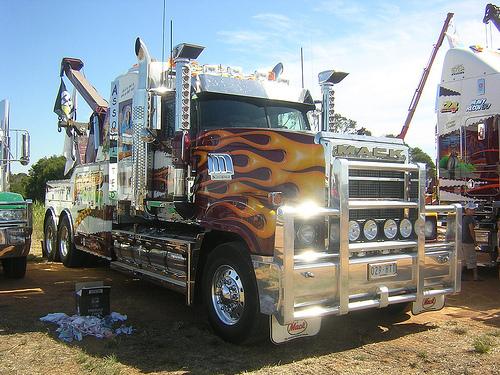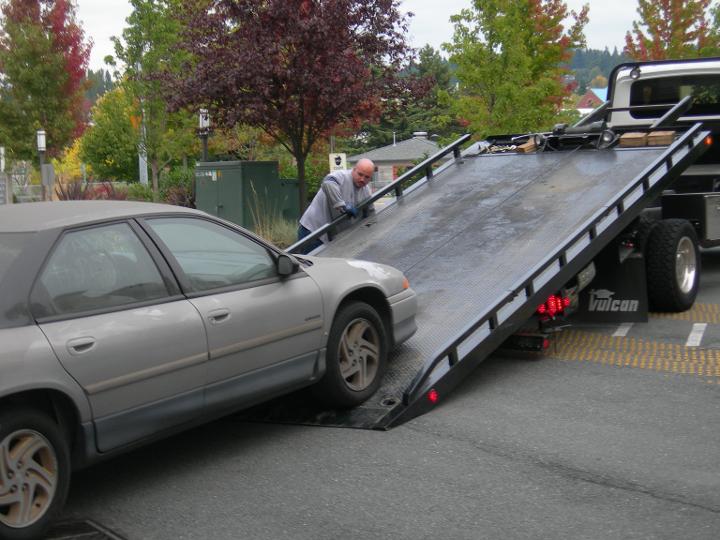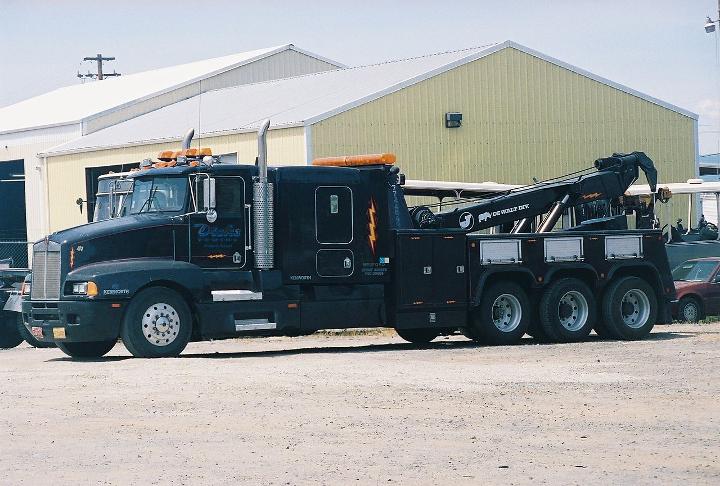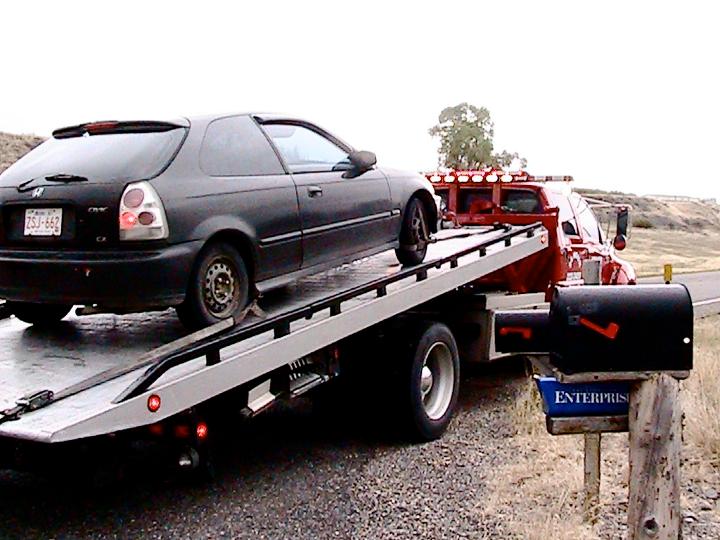
Owning a business can be personally and financially rewarding. You get to see something that began as a thought, grow from the beginning stages into a successful business that helps the community and provides you with a profit. On the other hand, you can also put your time, effort and possibly your life savings into something that appears to be fool proof, and end up losing it all. That’s why it’s important to explore the costs of starting and owning your own business before you make an investment of time or money.
When you start thinking about your business, your mind will begin to explore ideas you’ve probably never thought about before. When starting a business, you need to complete various tasks in order to help make the business successful.
You need to find the right name, choose the best location and consider the type of business you’re starting. You must look at the types of expenses you’ll incur, look at the type of losses you should expect and determine the best way to be paid. You’ll also need to look at your competition, your ideal customers and the best way to promote your business. There will be a list of things you need to start your business and you’ll need to learn the estimated costs for each of these items.
Planning your business is like getting in your car and driving to some great site that everybody’s been talking about. You stand a better chance of having a pleasant journey if you do some research and planning. Not only will you get where you want to go faster and cheaper, you’ll also know what you can expect when you finally reach your destination.
Before you start learning about how to start a towing business, there’s one question you should ask yourself. Why do you want to do it? Are you motivated by the idea of making big bucks in the towing business? If so, you need to think again. The best reason for starting a towing business is that you want to help people or that you love big trucks. Your motivation should not just be tied to money. You need to love something about what you’re doing in order to help you get through the tough financial times you may encounter while running your business.

To start your towing company, you need to make two important decisions. You need to decide the place where your business will be located and the type of towing service your business will specialize in. After you choose the location and services to be provided, you can start making plans, and a budget, for your new business.
You may decide to start your business in your current location since people already know you and your work, or you may want to start in an area close to your home. Although you may desire these locations, you still need to think like a businessman and do research. The same research needs to go into choosing your specialization.
Before making a final decision, you must look into the competition in the location. Are they working in your area of expertise, are they able to meet the needs of customers in the area, and what types of services are they offering? Are they known for slow response times, long hold times and late arrivals? Do they have rude employees and dirty equipment and personnel? This is the type of information you need to find about your competition.
If you have to go up against competition in this location, the price cannot be your only angle. If you come in with a low price, your competition only has to lower their price until you run out of money. If there are no serious problems with your competition, you might consider changing locations or the type of towing services you offer. Continue doing research until you find a location where your services will help to bring relief to ailing customers.
Before choosing the location for your towing business, you need to check local laws and requirements. You don’t want your business labeled as illegal or bootleg because you’ve overlooked some local regulation. Find out what permits and licenses are needed to operate your business and make sure to pay any required agency fees.
For example, in Texas, towing companies are required to have a motor carrier permit and a Ca. number. If you have employees, you will need workers comp insurance. Also, some cities do not allow commercial vehicles to be parked in residential areas. If you want to run your business from your home, this may be an issue. Check out local laws before setting up your business.
After choosing a specialization and location, you need to choose a name. You want to make your name unique so that people will remember you. There are enough “Dave’s Towing” companies out there already. While you want your name to be unique, you want to choose a name that lets people know that you’re a towing company. Trusty Towing is a good example of a confidence-inspiring and concise name.

You also need to determine which type of business entity is best for your business. Should you be a sole proprietorship, partnership, LLC or corporation? Each type has benefits and drawbacks. There is also an initial cost and ongoing costs associated with each type of business. Many towing start-ups begin as sole proprietor businesses, especially if it’s a one-man shop. However, you should know that working as a sole proprietor puts your personal property at risk in the case of a lawsuit.
Now, that you have a location, specialization, and name, you need to start thinking about your customers. What type of customer do you want and which ones do you want to avoid? Do you want to work for insurance companies, the Police, motor clubs, repair shops or private parties? It’s also important that you consider the type of individual customers you want.
The customer you choose will also determine the type of payment you will accept. There is a cost for accepting debit cards, credit cards, and telechecks. The processing fees can range from 2 to 3 percent of the sales price. You may also need to purchase a processing terminal which can cost as much as $800, although some companies lease their equipment. Even cash can cost you money if you accidentally accept a counterfeit bill or make the wrong change. If you have employees accepting payments can be a bigger challenge, due to employee error.
Some reasons you may not want to work with a certain type of customer is because they are slow paying, risky, inconvenient, or the work has a low-profit margin. After determining who you would, and would not, like as a customer, you need to choose the best way to reach them. Should you use internet ads, the yellow pages, soliciting, cards, promos, truck signage, or a combination of common methods? Some common promotional items include ball caps, coffee mugs, pens and t-shirts.
Networking is an important part of promoting your business. However, like other forms of promotion, networking will cost money. You can network by joining local groups like the Chamber of Commerce or you can join national groups like the Tow Truck Association. Many national groups have local chapters in or near major cities. You can also join specialized business groups like the Christian Business men's Organization.
When deciding which groups to join, remember each will come with initial fees and annual dues that need to be paid. You will also need to dedicate time to networking events and conventions, which may have additional fees for tickets, meals or lodging. Make sure to subtract these costs, and your lost work time, from your budgeted revenue.
Business losses are something you need to factor into your plans. All businesses suffer some type of loss. You may have a problem with employee theft, vehicle damage claims, outsider theft, personal injury claims, bad checks, or non-payment. You may also have times when you are unable to work because of illness, broken equipment, a truck breakdown or you have a business or personal event to attend, like a wedding or seminar. These are things that need to be figured into your business budget.

If you’re starting a one-truck operation, you don’t want to use a cheap truck. Your truck needs to be reliable and have a professional appearance, or you may be causing harm to your business’ reputation. Your first tow truck should cost about $35,000 minimum. You’ll also need to decide if you will have company uniforms, which will help you and your employees, when you get some, look more professional.
Many people overlook the cost of an attorney when calculating start-up costs for their business. To reduce attorney costs, look for a prepaid legal plan that offers lots of phone consultations, which will allow you to get your questions answered.
You also need to look into bookkeeping or accounting services. Even if you keep the books yourself using software like Quick Books, you may still need the services of a professional to set up your accounting system, train you or a staff member to manage the system and periodically help, as needed.
Next, you need to ask yourself, who will answer your phones. You can’t depend on a family member to help with your business long-term if you’re not paying them. So, you’ll need to look into an answering service that can answer your phone after-hours and when you’re having dinner.
Then you need to look at your overhead expenses, including natural gas, electricity, diesel fuel and cell phone costs. Then, there are other costs which may be unique to your business and common sense expenses, such as office supplies and tool and equipment maintenance.
One expense which you need to always keep in mind is taxes. Many people don’t figure taxes into their start-up budget. As a business owner, you’ll be paying all of the employer contributions, as well as employee taxes for yourself. Normally an employee would pay a certain percentage of their payroll taxes and the company would pay an equal amount. If you’re not sure how much the taxes are in your local area, consult with your accountant. Then add this amount into your budget.
Hopefully, this information will give you some ideas that can help you plan your business well enough that you avoid the pitfalls that cause many businesses to shut their doors after being in operation for a few years. By taking the time to plan, you stand a better chance of achieving success in the tow truck business.
AUTOMOTIVE BLOG